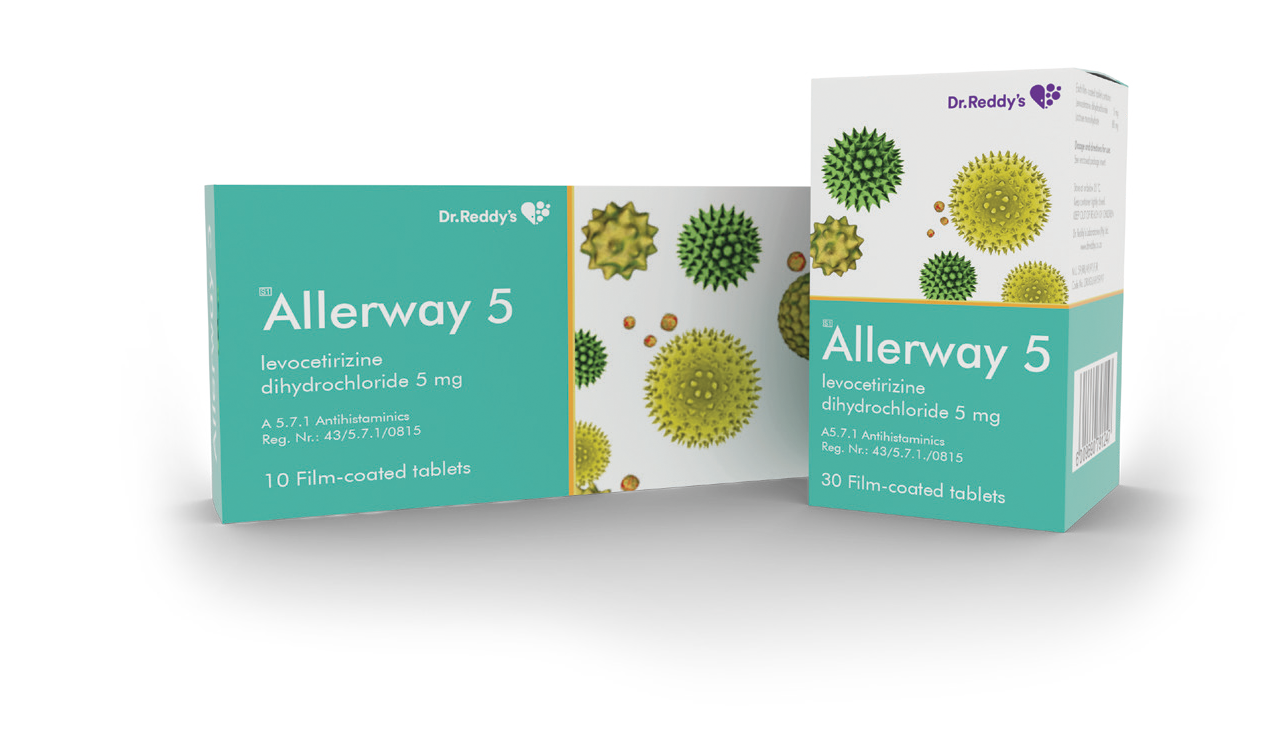Climate change is making allergy season worse – here’s how to protect yourself

SPONSORED CONTENT
Find relief that keeps up with changing seasons.
From extreme cold to intense heatwaves – there’s no denying that climate change is here, and if you’re an allergy sufferer, you may feel the brunt of it.
Scientists and researchers have long been interested in how changing temperatures may affect allergies. While most research focuses on America (just last year, AccuWeather predicted a longer allergy season in the US), South Africa is also affected.
The Culprits Historical studies across South Africa’s various provinces have shown that non-indigenous trees and grasses are among the main culprits. These trees include oak trees, plane trees, Italian cypress trees, jacaranda, and mulberry trees. Problematic grasses include Eragrostis curvula, kikuyu (yes, that one on your lawn!), buffalo grass, and in the Free State, the grass Zea mays. The European plantain, a common weed in South African parks and gardens, also contributes to allergies, as do dust mites and two types of fungal spores (mould).
While we can try our best to limit our exposure, our influence on our environment is limited, and that’s where Dr Reddy’s Allerway 5 comes in. This handy antihistamine is available without a doctor’s prescription and is suitable for treating seasonal allergic symptoms such as itchy nose and eyes, watery eyes, stuffy or runny nose, and sneezing.
Why More Allergies?
A changing climate often means prolonged warmer seasons. In the US, they’ve reported pollen seasons that have been up to three weeks longer than usual. Additionally, plants also produce more pollen than normal. More rain in traditionally drier areas means increased mould growth.
Keeping the Allergies at Bay
Managing these climate-related allergies can be challenging. The South African National Asthma Education Programme recommends avoiding pollen as much as possible by keeping windows closed and avoiding grass clippings. AFSA, the Allergy Foundation of South Africa, recommends staying indoors until after midday when possible and avoiding outdoor activities on windy days. They also recommend planting a low-allergen garden around your home by avoiding the common allergens mentioned above.
As a second-generation antihistamine, Allerway 5 can be used during the day when necessary, and its effects are noticeable within 30 minutes to 24 hours. Get the fast-acting, non-drowsy formula over the counter.
This article was produced by the Advertising and Content Marketing team of Media24 for News24.

